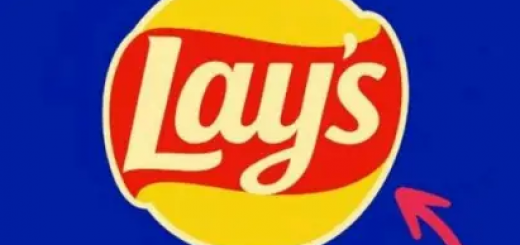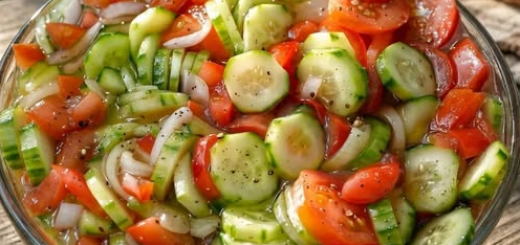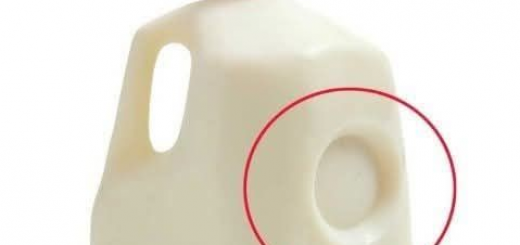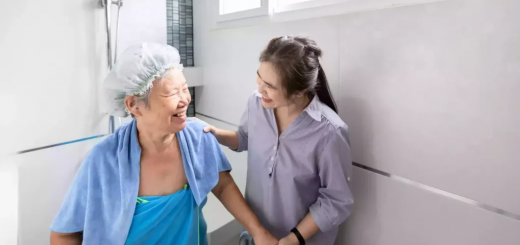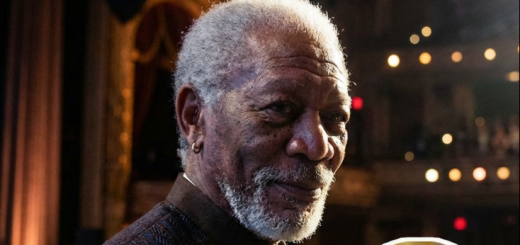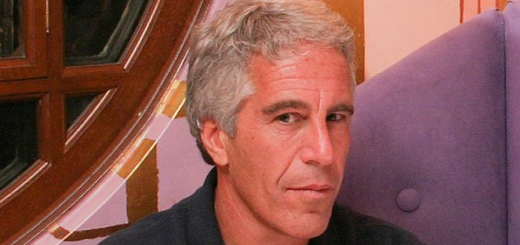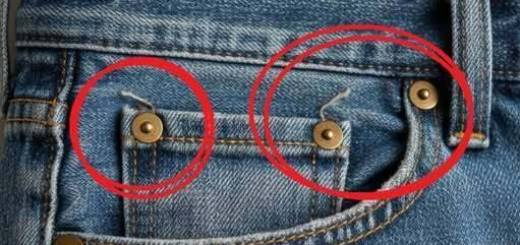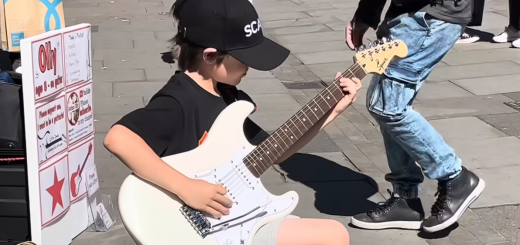Why You Might Drool in Your Sleep — And What It Could Really Mean
Drooling while you sleep might feel embarrassing, but it’s actually quite common — and usually nothing to worry about.
It happens when saliva pools in your mouth and escapes, especially if you’re sleeping on your side or stomach. But what’s really behind it?
Common Causes of Nighttime Drooling
– Mouth breathing: Often due to allergies, nasal congestion, or sinus infections
– Sleeping position: Lying on your side or stomach allows gravity to pull saliva out
– Deep sleep: The deeper you sleep, the more your muscles relax — including those controlling your mouth
– Certain medications or conditions: Neurological disorders and some prescriptions can increase salivation
When to Be Concerned
Occasional drooling is harmless. But if it’s frequent, excessive, or comes with symptoms like:
– Coughing or choking during sleep
– Morning sore throat or bad breath
– Daytime sleepiness or fatigue
…it might be time to consider a check-up, as it could point to sleep apnea or other underlying issues.
Beyond Health: The Cultural, Evolutionary, and Social Sides of Drooling
1. Cultural Views
In many cultures, drooling is either joked about (think cartoons and sitcoms) or seen as mildly embarrassing.
But in others, it’s a sign that you slept very deeply and peacefully.
2. Evolutionary Perspective
Humans, like many animals, drool in states of deep relaxation.
It may signal that the body feels completely safe — a leftover trait from our primal days.
3. Psychological Meanings
In symbolic interpretations, drooling might represent:
– Longing or desire (“mouth-watering” anticipation)
– Vulnerability or emotional comfort
– Lack of control, often in a non-judgmental, childlike way
4. Pop Culture Representations
Media often uses drooling to highlight:
– Intense sleep (snoring, deep rest)
– Hunger or infatuation (especially in cartoons)
– Horror (used as an eerie symptom in thrillers or supernatural tales)
5. Modern Solutions and Sleep Products
As sleep health awareness grows, so do innovations:
– Pillows designed to reduce drooling (cooling, elevated)
– Absorbent pillowcases
– Mouth tape or nasal strips to encourage breathing through the nose
6. Relationships & Social Life
In relationships or shared spaces, drooling can be:
– A source of humor, affection, or slight embarrassment
– Seen as cute (especially in babies or pets)
– Something people become self-conscious about during sleepovers, dorm life, or naps at work
7. Public Spaces & Professional Life
People often avoid sleeping on planes, in waiting rooms, or during travel for fear of drooling. For many, it’s tied to professionalism or wanting to stay composed in public.
8. Language & Symbolism
We see drooling in phrases like:
– “Drooling over a new gadget” (excitement or longing)
– “Slack-jawed and drooling” (used negatively to imply lack of awareness or intelligence)
These expressions often reflect deeper cultural ideas about control, desire, or maturity.
Final Thoughts
Drooling in your sleep is usually nothing to worry about — and might even mean you’re getting great rest.
But if it starts to interfere with your sleep quality or daily life, it’s worth paying attention to.
Whether it’s medical, cultural, or just a quirky sleep habit, there’s no need for shame — only better understanding.

